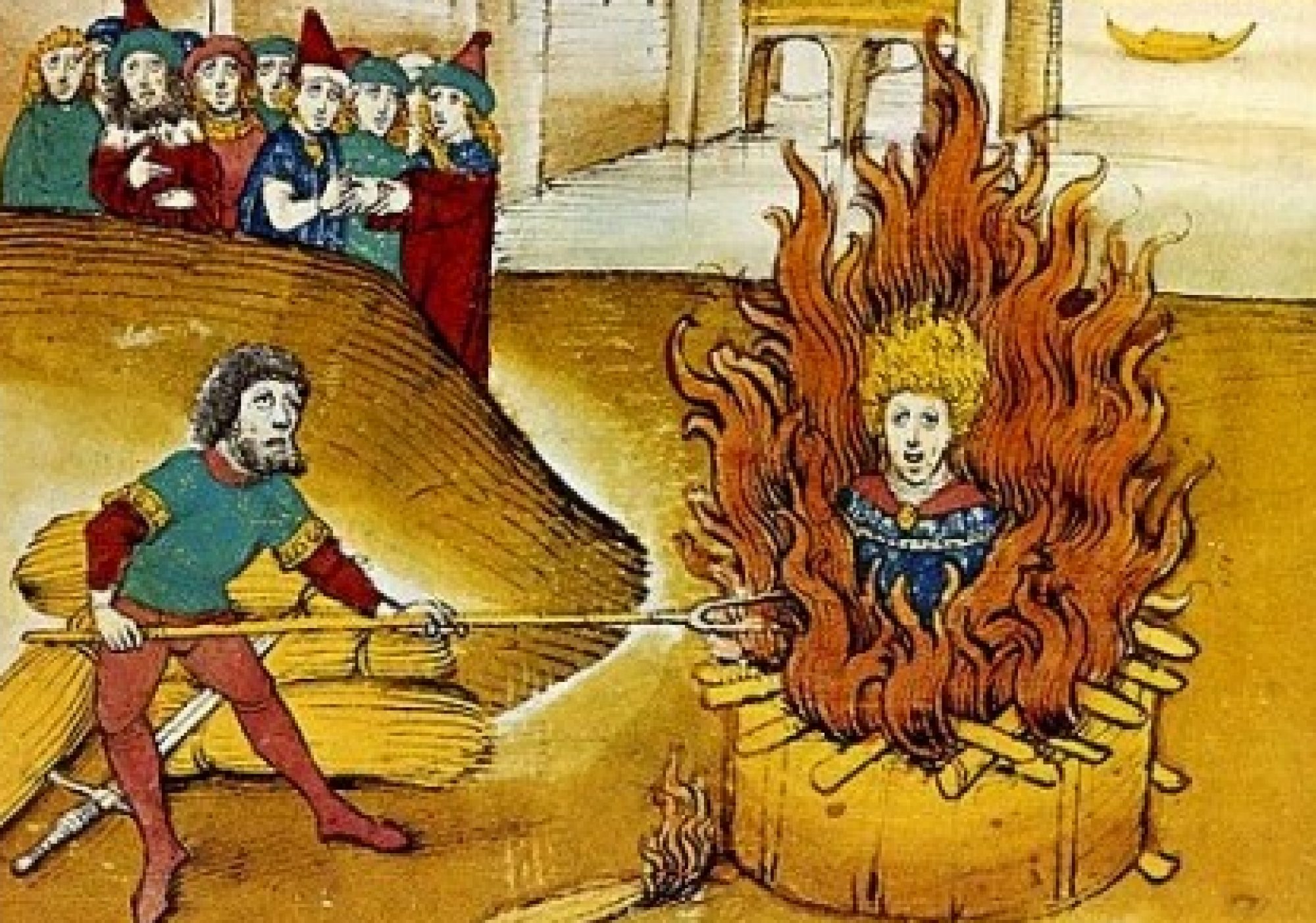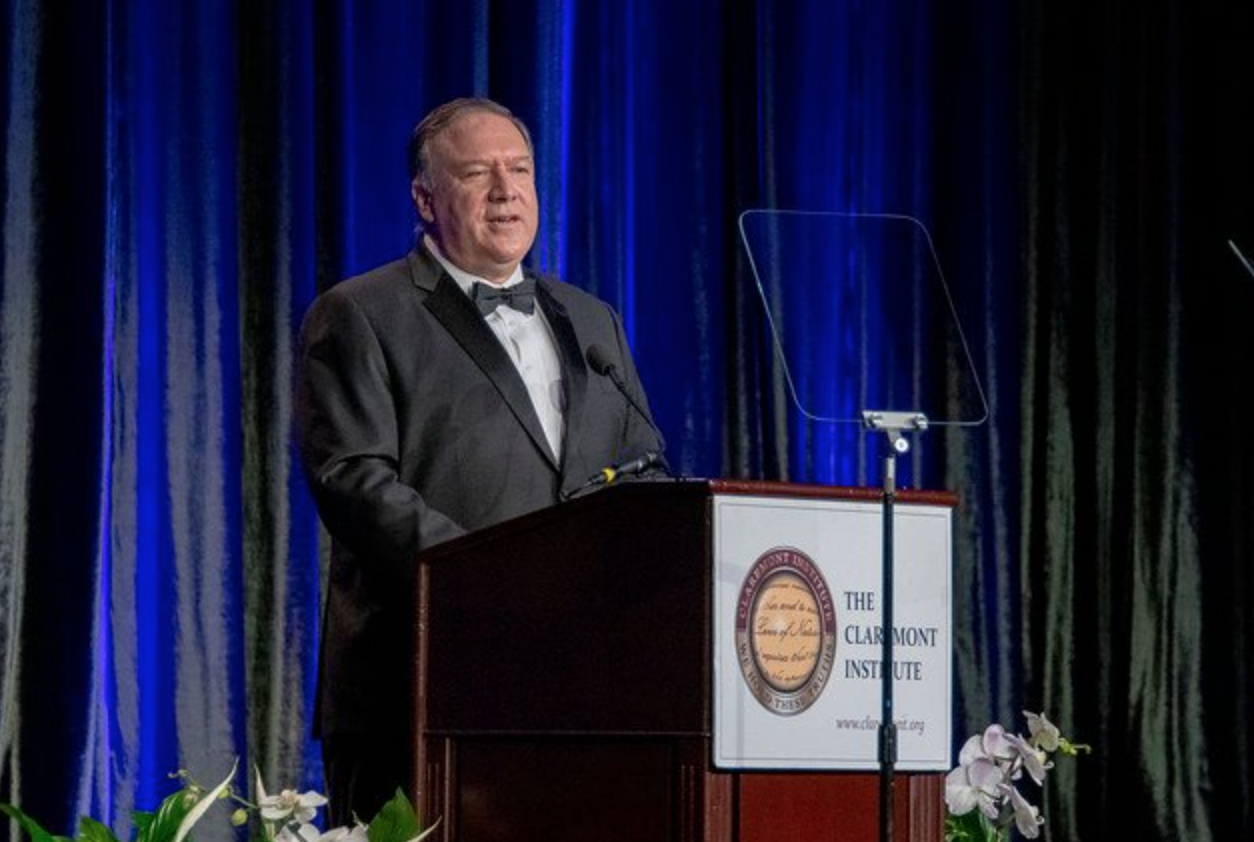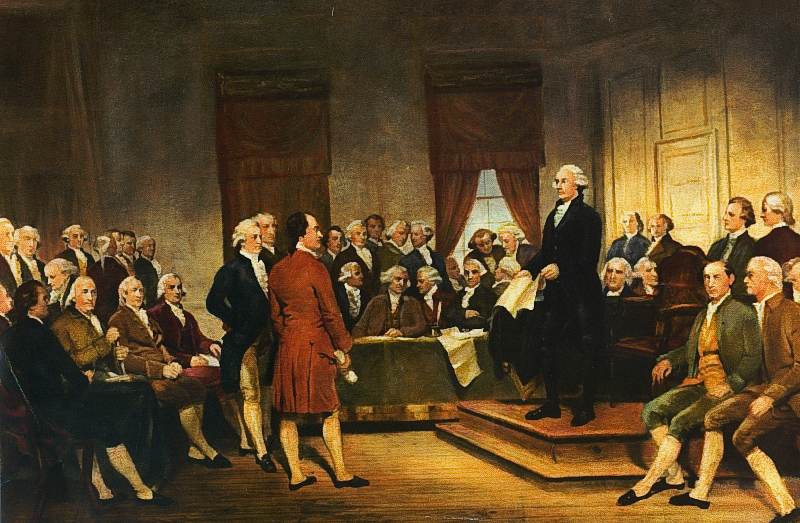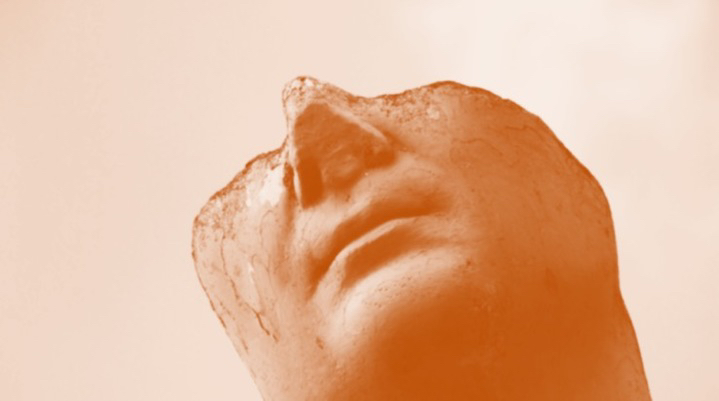The crisis of modern liberalism and science requires skeptical political philosophy—but skeptical political philosophy is itself undergoing a crisis.
On Alexander Dugin
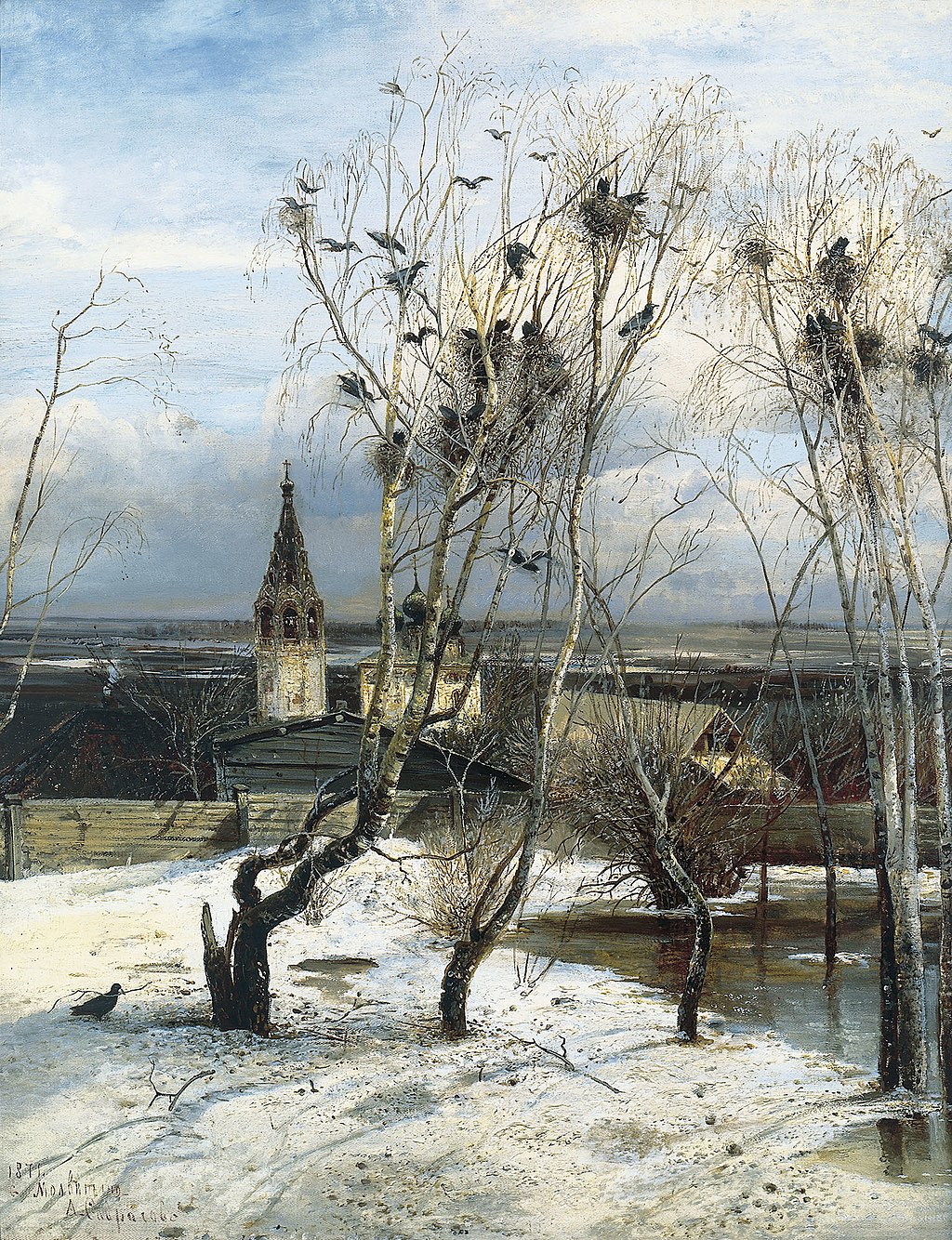
Leo Strauss and Russian Heideggerianism.
In order to understand what is now happening globally, serious scholars must investigate what thinkers like Alexander Dugin are saying. Unless we drag into the light what is increasingly said in the shadows, we will be incapable of critical examination. That this responsibility is not an endorsement of Dugin’s thought should go without saying, but in the current political climate it is sometimes (regrettably, in our view) necessary to state such things outright.—Eds.
Leo Strauss’s essay “Persecution and the Art of Writing” features an epigraph by W.E.H. Lecky which reads as follows: “That vice has often proved an emancipator of the mind, is one of the most humiliating, but, at the same time, one of the most unquestionable, facts in history.”
The middle term between vice and the emancipation of the mind is law—or rather, those customs and beliefs which prevail in a given society. These are founded on what the Greeks called doxa, opinion—that is, on unsystematic perceptions about how the world tends to work. As such they can be transgressed downward (when cast aside in the pursuit of low pleasures) or upward (when revised in light of true philosophical knowledge).
Horizontal transgressions, too, are possible. They need not be low or encompass striving for ascent. They resemble a curious looking around at the alternatives based on some dissatisfaction with the status quo, however acute. In all cases, emancipation seems to imply some movement away from the prevailing standard. From the perspective of that standard such movement can be called vice.
Strauss’s own emancipatory vice often took the form of a movement through time. Against the predominant opinion of modern historicism that all truth is relative to its time, Strauss sought to reopen the case for the pre-modern rationalism of the medieval Jewish and Islamic thinkers as well as the ancients on whose political philosophy the medieval thinkers relied—Plato above all. Strauss defended philosophy as a way of life accessible at all times. By historicizing historicism in such essays as “Progress or Return?” (Modern Judaism 1.1, 1981), he aimed to emancipate thought from the tyranny of our time, calling into the question the self-evidence of “progress” and elucidating the noetic structure of “return.”
Strauss did not expect that we could find all the solutions to our problems in Plato. But with the “quarrel between the ancients and the moderns” reopened, we could subject our modern selves to critique in light of a genuine alternative that had never been refuted, but whose supposed refutation had become a principle of faith. What was most important for Strauss as he surveyed the tendencies of thought that dominated post-WWI Germany and later post-WWII America was to go back to the original political situation of man as such, accessible in Plato’s writings (and even more simply in Xenophon’s) but no longer in our own titanic lives. Modern man, Strauss argued in “Living Issues of German Postwar Philosophy” (in Leo Strauss and the Theologico-Political Problem, 2006), lived in a technological “cave beneath the cave” of natural ignorance. Pre-modern thinkers offered a way out of the darkness.
Yet Strauss also acknowledged that emancipatory vice could take the form of a movement in climate or place. In such cases it is not a movement away from now but a movement away from here that constitutes the vice. The alternatives to our status quo are then not only to be recovered as viable options from the past but also to be discovered among our contemporaries abroad.
I had in mind something like a change in place when I first started to study Russian thinkers—not the renowned novelists, but rather figures like Vladimir Solovyov, whose 1878 lectures on divine humanity were attended by Tolstoy, Dostoevsky and others (the character Alyosha in The Brothers Karamazov was allegedly based on him). Solovyov died in 1900, the same year as Nietzsche. And yet, as it seemed to me then, a greater difference in philosophical vision could hardly be imagined—a difference accounted for in part by place, by the specific influence of Russia.
Now, Strauss is rightly famous for arguing that historians have exaggerated the influence that “culture” has on philosophy for the following reason. A philosopher has to pay lip service to the prevailing opinions of his time in order not to be killed for his vice. It thus sometimes happens that on the surface of things you see the specific influence of a culture—deference to its traditional self-understanding—whereas the genuine teaching remains between the lines (accessible through specific methods of Straussian reading). So the idea of a “specific Russian influence” on philosophy fundamentally contrasts with Strauss’s view that philosophy is for man as such.
However, Strauss, who believed that any thought is trivial which does not consider the alternatives seriously, did know that there is a truly philosophical position that takes specific cultural influence into account as more than mere deference to custom. The philosophical approach to this problem seeks, in his words, to “understand the various cultures as expressions of their souls…which are the roots of all ‘truth.’” Heidegger is the philosopher whose work tended in that direction. By focusing on the famously untranslatable notion of Dasein—very roughly, “human being,” or “human existence”—Heidegger emphasized that all human thought, however abstract or universal, is also situated in a specific place and time.
On Straussian grounds, then, the project of turning to another “climate” (Russia) in order to take into account a somehow specifically Russian alternative to our own prevailing status quo could be an act of emancipatory vice with philosophical potential—if, that is, it were either self-sustaining or in some way an extension of Heidegger’s philosophical methodology. If the specific Dasein of a given culture or subculture can be a root of unique truth, then studying the prevailing attitudes of another locale can shed light on truths to which one’s native milieu is blind.
*******
It was a happy accident for me personally that my study of Russian thinkers led me before long to Alexander Dugin. Dugin’s name has become increasingly well known among certain circles in the West in recent years. He was already familiar to Ukrainian authorities in 2007 when they declared him persona non grata and banned him from the country. And he had enough Kremlin backing then that on the same evening the Russian government deported a Ukrainian presidential advisor and his family in retaliation.
But it was not really until 2011, when Vladimir Putin announced the project of the Eurasian Economic Union, that Dugin really began to enter the spotlight. His fame reached a peak in 2014-2016 with the war in Eastern Ukraine—during which his conduct earned him the memorable moniker “Putin’s Brain”—and the election of Donald Trump, whom Dugin supported with a video titled “In Trump We Trust.”
Dugin did not come to light in the West first and foremost as a philosopher. Most of the articles that mention him and philosophy in the same breath came out in English after the 2012 publication of his Fourth Political Theory, which I co-translated. In it, Dugin argues that liberalism, Communism and fascism (the first, second, and third political theories) should be repudiated and the project of a fourth political theory declared, ultimately on the basis of Heidegger’s philosophy.
The 2014 publication of Martin Heidegger: The Philosophy of Another Beginning further established Dugin as a competent expositor of Heidegger’s thought, as did some of my own work in 2013 and subsequently. Titles can be misleading. But it is still worth noting that Dugin had published books whose titles included “philosophy” in them in 2004 (The Philosophy of Politics, The Philosophy of War) and 2009 (Postphilosophy), and that besides Martin Heidegger: The Philosophy of Another Beginning (2010) he had also written Martin Heidegger: The Possibility of Russian Philosophy (2011), not to mention his 24-volume Noomakhia: Wars of the Intellect book series, begun in 2014, which is itself a project of philosophical civilizational analysis.
These last two projects should give a Straussian reason to pause. Martin Heidegger, the possibility of (Russian) philosophy, and philosophical civilizational analysis based on the thesis of the existential plurality of multiple Daseins (meaning that peoples are different not just on the surface but in their basic relation to being): with these prospects we are immediately in the domain of what Strauss indicated was a serious alternative to Platonic political philosophy as he understood it.
Dugin, more than anyone in the world today so far as I can tell, is elaborating the task of understanding individual cultures as expressions of a deeper existential foundation and as roots of truth. He takes his lead in this precisely from Heidegger, whose implicit political philosophy he sees himself to be explicating, supplementing it and enriching it with other disciplinary methods and approaches—including, for instance, ethnosociology (see his Ethnos and Society and Ethnosociology, which I translated into English).
I have already said that what was most important for Strauss was to set aside prejudice against the past and return to the ancients to learn from them. It should be noted for the skeptical readers that he did not just assert this but put his money where his mouth is through a colossal and impressive effort of recovery that still resonates today. “Whatever may be the final result of our studying [the ancients],” he states in “Living Issues,” “whether or how far we can adhere ultimately to their analyses in all respects or not, what is decisively important is that we first learn to grasp their intention and then that their results be discussed.”
Dugin’s Heideggerianism indicates a genuine philosophical alternative to Straussianism, but it might be somehow disqualifying if he had nothing to say about Plato. In fact, Plato is equally at the center of his attention. “Strictly speaking,” he writes in Political Platonism, “there is one philosopher: Plato, and this is philosophy…. The idea that philosophy has brought something supplementary to Plato is an entirely unfounded, unscientific hypothesis.”
Dugin’s impressive ecosystem of online offerings includes not only sites on geopolitics and related topics, but also the site platonizm.ru. The neo-Platonists Proclus, Porphyry and Plotinus occupy an important place in his Noomakhia project, which is also motivated by the recognition of Plato’s Apollonialism. Familiarity with neo-Platonism, he writes, “is absolutely necessary for the Christian.” During the coronavirus crisis, he has released video lectures on the Republic, Phaedrus, Symposium, and Statesman. Simultaneously, he has also been releasing lectures on Heidegger’s reading of Aristotle.
*******
When I was a graduate student at the University of Toronto working on a comparative study of receptions of Heidegger (including not only Strauss and Heidegger but also Rorty and Derrida), I largely took for granted, on the basis of such evidence as I have provided, the obviousness of Dugin’s philosophical relevance in general and for Straussians in particular. Yet, four members resigned from my dissertation committee over what could be called my platforming of Dugin.
Two of them were Straussians. The others were left-liberals. Most of them were dedicated, at least publicly, to the view that political philosophy is of the utmost importance and that hardly anything could be more serious or worthwhile than to seek to understand the contrasting grand visions of life represented by the great thinkers who stand at the heads of schools of political theory.
There is something to be gained in trying to understand how the Straussians—so primed to see in Dugin the things that I myself, also a Straussian, saw—reacted this way.
Strauss, I believe, is such an authority in these matters that in regard to him we are in a situation not unlike that of medieval Islamic and Jewish thinkers who needed to justify the study of philosophy before the tribunal of the Law. On his own account, as I have argued, studying Dugin’s Russian Heideggerianism is a justifiable vice with emancipatory potential. This unquestionable, if not embarrassing, fact must be faced.
And just as medieval transgressions of the law were often for the sake of the Law (Maimonides’ The Guide of the Perplexed, for instance), so, too, this movement away from the Law need not be against the Law. Strauss famously said that we should not be flatterers of liberal democracy precisely because we are friends of liberal democracy. As such a friend, he brought things back from his journeying among pre-modern thinkers that were both useful and beautiful. Are we now without need of the useful and beautiful truths that may be found abroad?
The American Mind presents a range of perspectives. Views are writers’ own and do not necessarily represent those of The Claremont Institute.
The American Mind is a publication of the Claremont Institute, a non-profit 501(c)(3) organization, dedicated to restoring the principles of the American Founding to their rightful, preeminent authority in our national life. Interested in supporting our work? Gifts to the Claremont Institute are tax-deductible.
Behind the rhetoric of equality and justice lies an ideology of inequality and scapegoating.
United States Secretary of State Mike Pompeo delivered the keynote address at the Claremont Institute's 40th Anniversary Gala as this year's recipient of the Institute's Statesmanship Award.
Part I: Unfettered reason cannot conserve anything.


